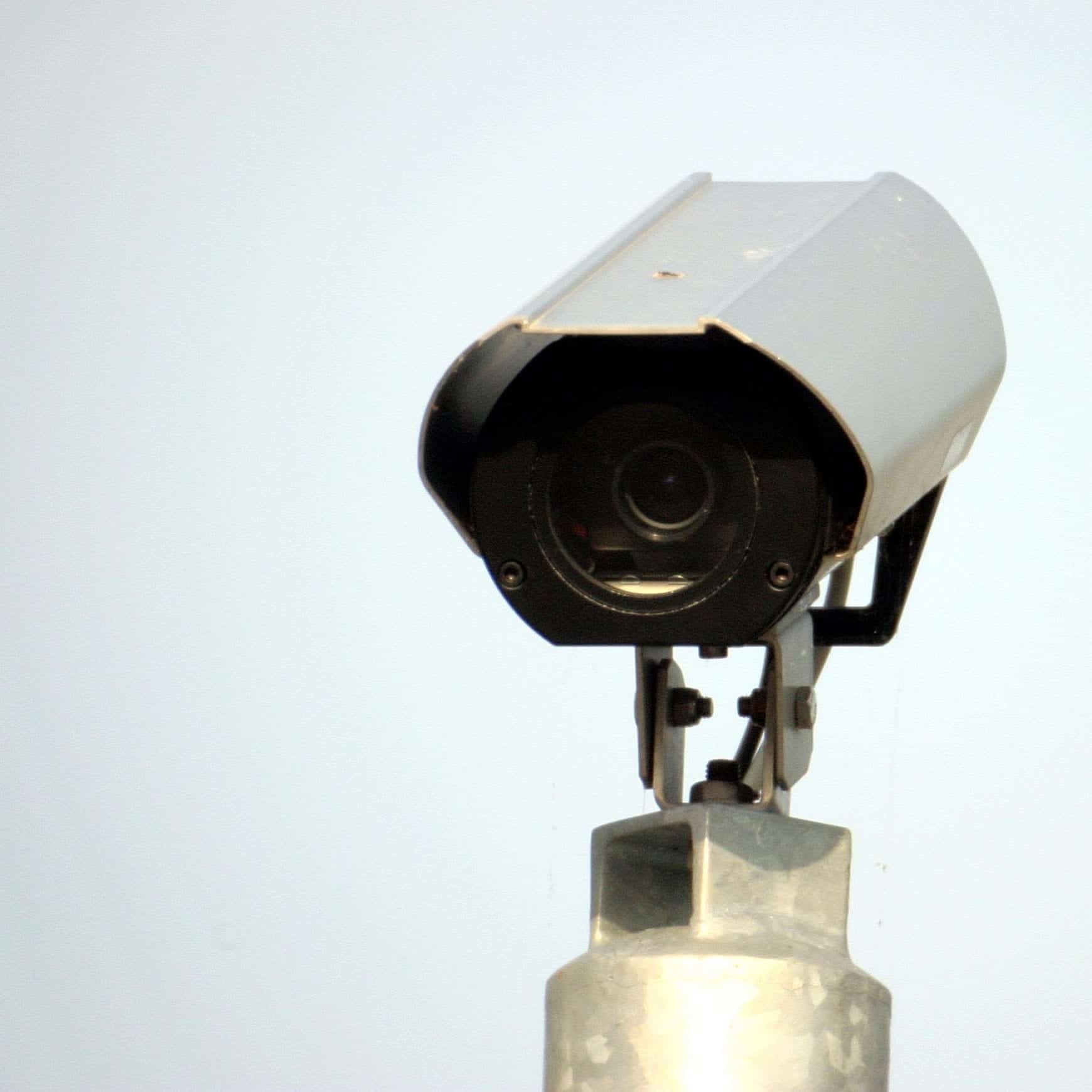
 URSU gears up for Feb. 1 campaign that centres around Aboriginal education
URSU gears up for Feb. 1 campaign that centres around Aboriginal education
Lauren Golosky
News Writer
Campuses around the country have taken to protesting this school and year and the University of Regina is joining in.
The Univeristy of Regina Students' Union is planning to hold a National Day of Action, which is also taking place taking place on 79 Canadian Federation of Students-affiliated (CFS) campuses, on Feb. 1, URSU has been distributing pamphlets and pledge sheets, trying to raise awareness of student issues at the U of R.
With the National Day of Action, the CFS is calling on federal and provincial governments to address what it has highlighted as student concerns. Students’ union president Kent Peterson believes this sort of activism is crucial for addressing the issues at hand – particularly post-secondary accessibility to First Nations people.
An outdoor rally at the First Nations University of Canada (FNUniv) on Feb. 1 will mark the start of the week. After what is expected to be a short rally, students are welcomed to go inside FNUniv to listen to guest speakers and respected elders, while watching performances and enjoying a free lunch and hot chocolate.
“It’s very important that we do this because, unless politicians hear us talking about these issues in a very public way, they may overlook our concerns,” Peterson explained. “We are making a very conscious choice to talk about First Nations education and to rally at the First Nations University of Canada, so that our message is clear. We’re telling the federal government to get serious about First Nations education.”
Another step that URSU has taken this past week in preparation for the Day of Action is attempting to engage students on campus through sample letters that will be mailed to the Prime Minister.
“Those letters talk about First Nations education and tuition, and,the role thefederal government has in both of those,” Peterson said.
That role, specifically, arises in the form of the Post-Secondary Student Support Program (PSSSP). The program provides assistance to eligible First Nations and Inuit students; eligible students are either Registered Status Indians or Inuit students residing out of the Northwest Territories or Nunavut. The program provides support for tuition, travel, and living expenses.
But Peterson argued there are flaws in the PSSSP, primarily in that there is a two-per-cent cap in place, which he argued limits the amount of people the program can reach.
“It’s been capped since 1996, meaning fewer and fewer eligible people can attend post-secondary institutions every year,” he explained. “A thousand people last year were denied funding in Saskatchewan alone, so it’s a very, very big issue, and we’re letting the Prime Minister know, via letter, that we think the cap should be lifted.
“We have to make sure that the PSSSP should exist, that they shouldn’t dissolve it into another department, or get rid of it altogether. They should just lift the cap and properly fund First Nations education.”
The CFS-planned National Day of Action comes almost two months before students in Quebec are planning to strike. Though the CFS event is meant to focus on similar issues as the Quebec strike, the two actions are unaffiliated, as the CFS and its former Quebec members have been mired in lawsuits against one another since 2010.
Canadian University Press Quebec Bureau Chief Sarah Deshaies reports that after a joint meeting on January 21, in Quebec City, the Fédération étudiante universitaire du Québec (FEUQ) and the Fédération étudiante collégiale du Québec (FECQ) have reaffirmed the intention to strike. Their strike, which is meant to protest rising university tuition fees in the province, will take place on March 22.
“We talked a little about the different waves of strikes that are going to be happening,” said Chad Walcott, vice-president external for the Concordia Student Union (CSU), which is a FEUQ member. “Whereas some schools are going to strike earlier in February, and others later in March, [there’s] a wave of pressure that’s moving toward March 22 and the end of the academic of year for that last push.”
In Montreal, last semester’s day of action saw around 20,000 students march to Premier Jean Charest’s downtown office. The day was capped off with a handful of arrests and confrontations between riot police and students on McGill University’s campus.
The U of R event is unlikely to come to such a dramatic conclusion, but this means that contributing to the success of the event requires much less dramatic action.
“The most significant way [students] can help is by coming out to the National Day of Action at the First Nations University and joining us for the rally, joining us for the free lunch that is available, and listening to the guest speakers,” Peterson said.
–With files from Sarah Deshaies (CUP Quebec Bureau Chief)
UPDATE (14:17 26/01/12): The print version of this article refers initially to the "University of Regina's Student Association." Astute readers will notice that the acronym URSU actually stands for "University of Regina Students' Union." We've corrected the error.







